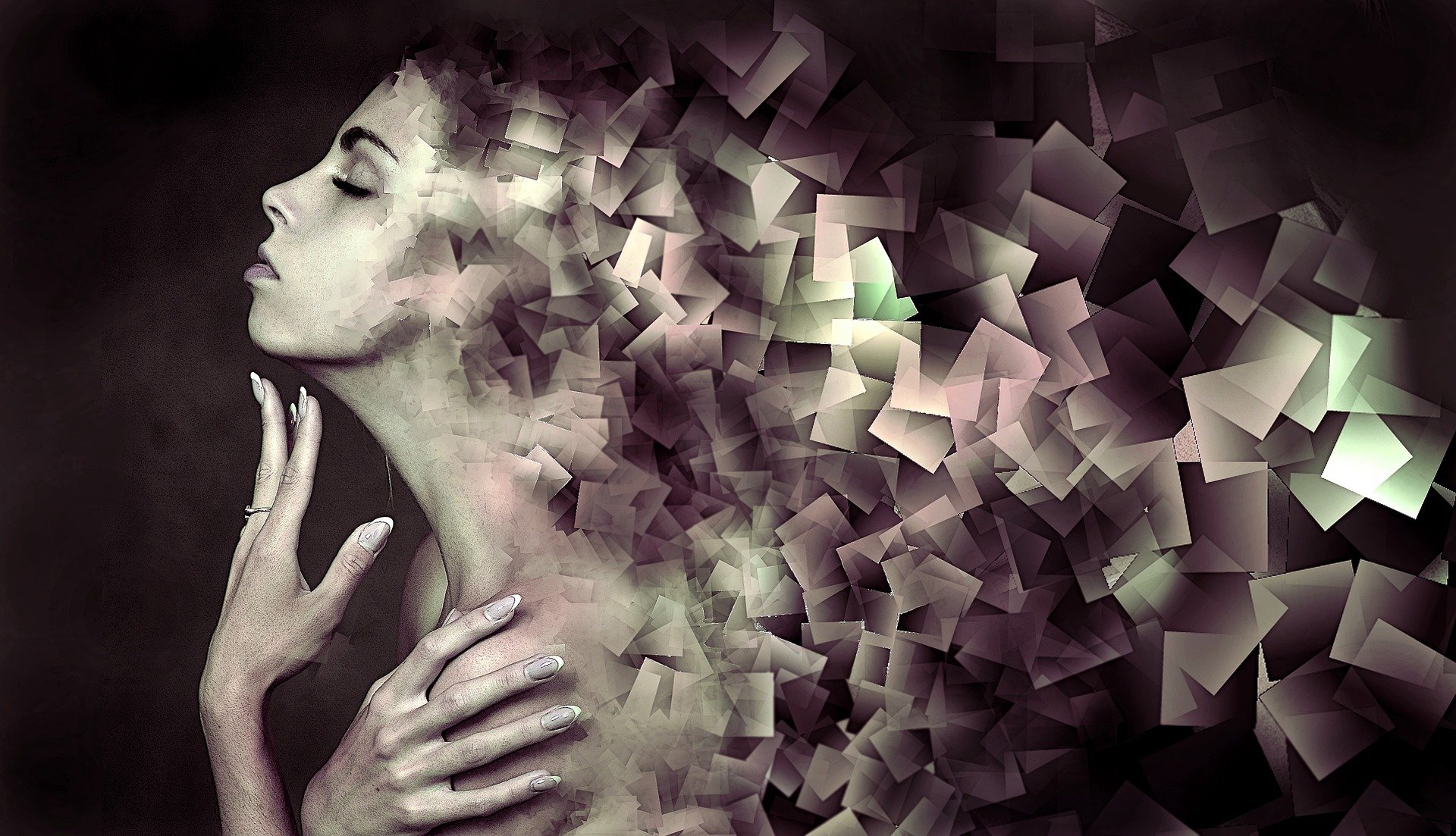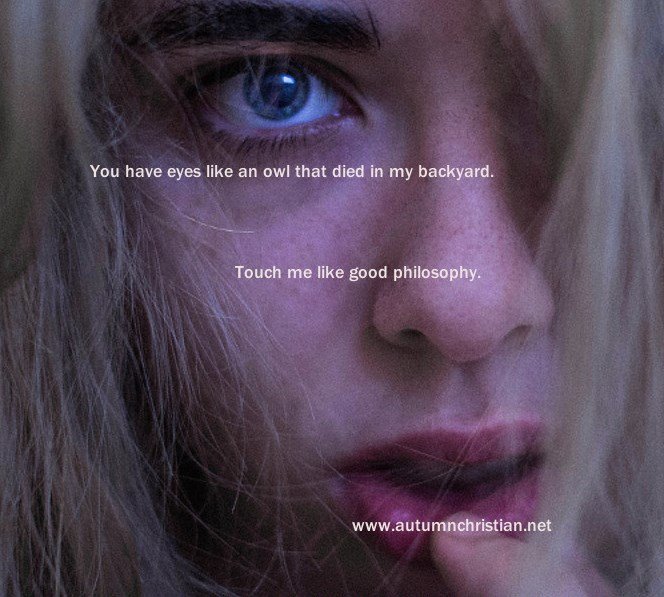
A therapist earlier this year asked me, "How do you imagine your ideal life to be?
I said, "I want my emotions to be appropriate to the situation I'm in. I don't expect to wake up with no problems, but I want those problems to be real, not something engendered by my PTSD and trauma."
I am 27 years old, and I’ve been telling myself that by the time I’m 30 I want a new set of problems.
I’d like to do it sooner, but I would settle for age 30 to not wake up every day like I’m falling to pieces. To have more good days than bad days. To not feel like I keep failing people I love because of all the abusive patterns in my heart that makes me so scared of abandonment. I want to have one of my most difficult problems to be what I should write for my next novel, or what I should do that day to make myself more happy, or what I can begin to build to have a more fulfilling life with the people that I love.
Over the course of the last several months, the ineffable monster inside of me has begun to slowly transform into something of a manageable problem. Not an inevitability, not a wellspring of sadness gushing out of the inside of my stomach. But a problem, like anything else.
To change the course of a life with mechanisms built so tight - with sadness like a desert - is one of the most difficult things I think a person can do. But I know it’s possible.
I’ve had days now where I’ve felt the weight of -her- like a dead cicada shell. And I’ve felt happiness, because I could see the substantial weight and the reality of the things that were built around. It wasn’t an illusion, and it wasn’t a trick. It was real.
I can feel her now. Nameless. The alter-ego. The abuser. She’s blinking a little on my right shoulder, with heavy breath and frozen teeth. She tells me, “I’ll take everything you love until you learn to love losing.”
It has to be possible. Because I have things I don’t want to lose now. And I have gotten very close to losing them. And what is the point of being alive, of trying to build a life, if everything that you ever wanted, everything that you ever built, every scrap of happiness or warmth, is destroyed right in front of your eyes.
Not by fate. Not by luck. But by your own hands.
That’s the worst part. There is no consolation that things were just “not meant to be”, or “you’ll do better next time.” or “That guy was a jerk anyway.” There’s no consolation for someone like me that the hands of fate are going to land me somewhere better, or that it’s all collapsing around me because it wasn’t built to be sustainable anyway.
It’s because I was terrified of being abandoned, and I was scared of being unloved, and so I stuck my hands deep into something beautiful and tried to tear its heart out.
People like me with that kind of attitude don’t get tea and cookies and condolences when they screw up. People like me either get killed or outcast or go to jail. Because there’s no excuse for being so horrible, no matter what kind of heavy, impossible pain you carry.
It’s not acceptable to me anymore to be unhappy. It’s not acceptable to me anymore to keep tearing the hearts out of lambs and dogs and uprooting trees so I won’t have to accept their sudden loss. I’m never going to be God. I’m never going to predict the trajectory of the movement of the universe. I can’t mitigate loss. But I can stop myself from being the thing that always makes me lose.
People keep telling me that writers are supposed to be sad. That misery is the only way to create good art. But that is the most unacceptable, lazy attitude about the process that I've heard. It allows inaction as an acceptable course. Not only it is untrue, it is a tacit acceptance of sitting in front of a midnight ocean wave because you feel like you can’t stand up and get off the beach. It is a refusal to even look at the problem that brought you to that moment.
I keep thinking of how difficult it is to write. Not difficult in the sense that I just need to put brute force into. To get it right requires skill and finesse - it requires knowing what to do at each moment, knowing the language and the context - no amount of ramming your head against a wall and “trying” to get it right next time is going to produce a great novel.
It starts with seeing. And in the middle is work. And the seeing, and the context, and the work, never really ends. Not if you want to be great.
So it is the same with being happy. With taking care of things that you love. And if it’s important enough to you, you’ll do it.

Follow me on twitter, facebook, or on my website. You can also buy my books here
Stock photo from Pixabay
Self portrait by me canon t51
Some of my other posts you may be interested in:
Nine Things I Learned From Reading A Lot Of Books
[Short Story] CrystalMouth: An Excerpt from My Book Ecstatic Inferno
[Short Story] The Azalea Girl and Her Paingod
[Fictional Memoir] In The Palace of Bones & Champagne
How to Have Fun Writing Again
[Journal] How I Broke Through The Barrier of Dreams // Cognitive and Disassociation Techniques
[Short Story] You Don't Get To Fall In Love
